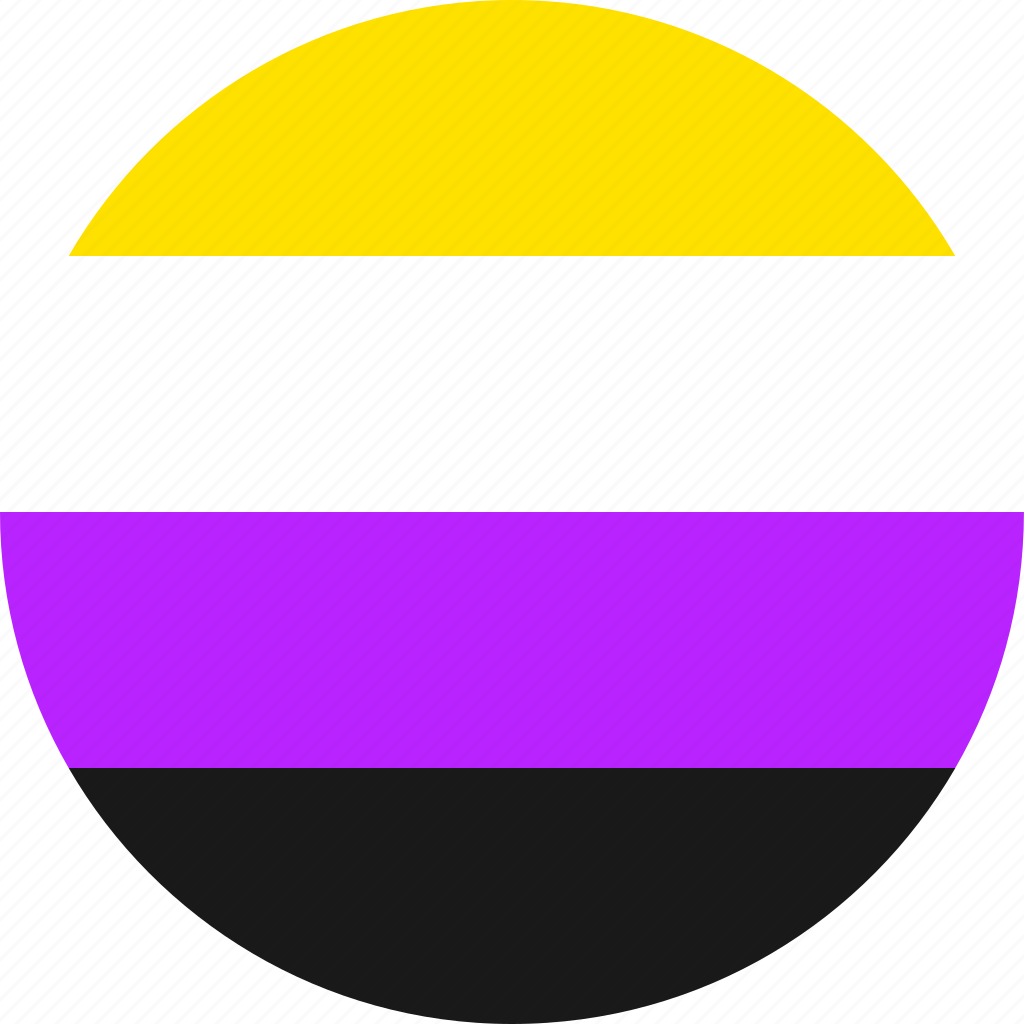Everyone is different. Some people who are non binary but lean/present as feminine might use feminine words, but others I’ve seen use the masculine because they think modifying the grammar is complicated.
I personally use the gender-neutral modified language, like using elle in Spanish.
I generally prefer neutral language (person, they/them, etc.), but I go through phases where I don’t care if I get called he or she instead.
That makes sense! I generally don’t care what I’m called (he or she), but I prefer neutral language. I used to hate (but not as much now) gendered terms such as “What’s up my man?” Or “This man”.
Yeah, I quite like “what’s up my man?”, but I’m not a fan of “this man”.
I generally enjoy feminine stuff as well, simply because it’s different, but I prefer neutral.
For the languages I’m learning:
Spanish, I generally prefer terms like elle (they), amigue (friend, gender neutral), etc.
Similarly, elu with Portuguese
Dukaisms with Polish
And hen for Norwegian
I’m fine with “my man” now :)
In 2021, I struggled with intense dysphoria which caused me to feel bad every time someone mentioned things like male parts, or gendered language.
deleted by creator
Spanish is my first language but nowadays I rarely use it, so I just stick to default stuff. If I still activity spoke Spanish everyday id probably make a effort to change up the grammar.
In French, the plural they is the masculine ils for mixed gender groups, and only the feminine elles for groups that are exclusively feminine. On is a singular gender neutral form of they often used in situations with unknown gender.
I would use on for singular and ils for plural when talking about a non-binary person because that seems the most reasonable application of the language as I understand it.
However as a non-native speaker I would defer to whatever native speakers do. Can’t say I know what the established best practice is.
Not a native speaker of French, but while “on” can be used as singular “they,” it is much more often used to say “one,” as in: “One could eat a meal.” I think “iel” is better because it is distinctly a third person singular personal pronoun. Sure, it is not as well established, but it is in at least one big respected dictionary.
As french learner, I’m curious. How do you go about making adjectives neutral?
I use feminine pronouns and masculine nouns usually! Sometimes vice versa, but can be more jarring for people, so it depends on the crowd.
I’m nonbinary, look like a woman, and use masculine grammar to mark the non-binarity − I strongly dislike the gender-neutral new language for French, but if a less cringe one arose, I’d probably use it since in English I prefer they-them :)





